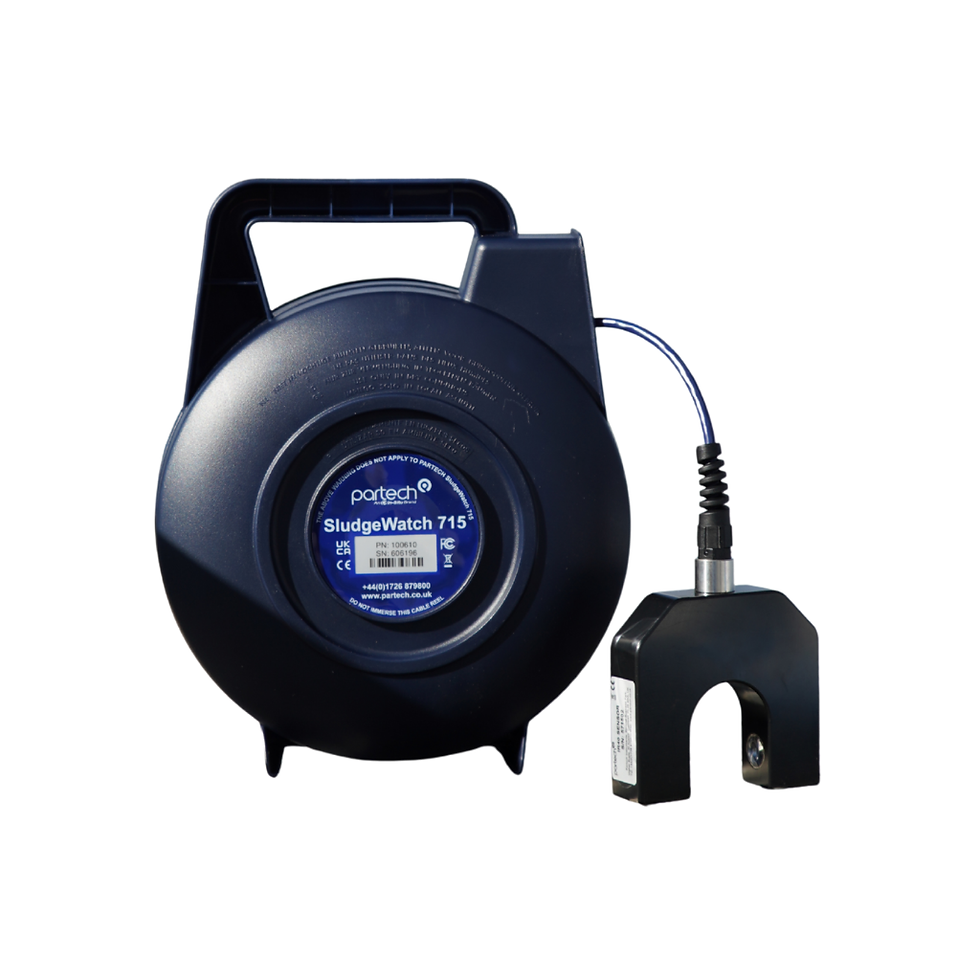Blackline G7c with Single/Multi-Gas Detector & Push-To-Talk (PTT) Feature
Connected safety means that every employee is equipped with total monitoring technology, including gas detection. Every safety incident, be it a gas leak or a lone worker injury, is communicated in real-time to live monitoring personnel. Evacuate your teams in minutes, accounting for every employee at muster points. Need to advise your teams of an extreme weather alert?
No problem, G7 supports mass notification of hazards too. Plus, it delivers a 100% view of your team’s compliance, including use, calibration and bump. Released in November 2018 is the NEW Push-To-Talk (PTT) feature allowing team members to communicate with each other without the need for a second device.
- Description
- Downloads
The Blackline Safety G7c wirelessly connects your team to real people. We put the tools in your hands to watch over your own team, or you can leave the monitoring to our in-house 24/7 Safety Operations Center.
Wireless connectivity ensures that each G7c is remotely configurable and firmware updates are automatic.
G7c supports three cartridge types that provide a choice of gas detection options.
Everything is completely customizable to meet the needs of every industry, application and scenario.
Features:
- Fall Detection
- No-Motion Detection
- NEW Push to Talk (PTT)
- Two-Way Voice and Text Message Communications
- Speaker Phone
- SOS Alert
- Check-inGPS Location
- Indoor Location Compatible
- Gas Alarms
- G7c available in 3 Models: G7c Standard, G7c Single-Gas & G7c Quad-GasSingle Gas & Multi-Gas Sensor Options (H2S, LEL, CO, O2, CO2, NH3)





















